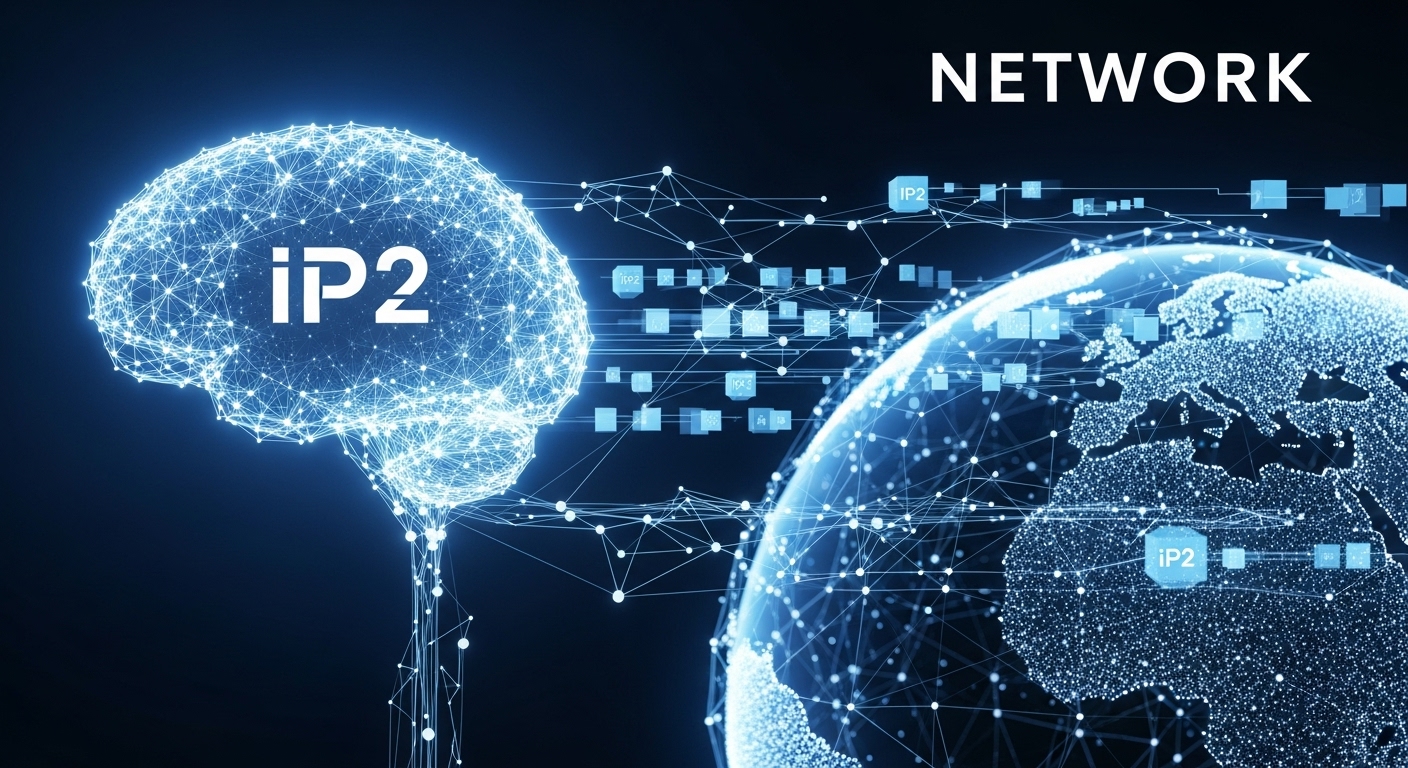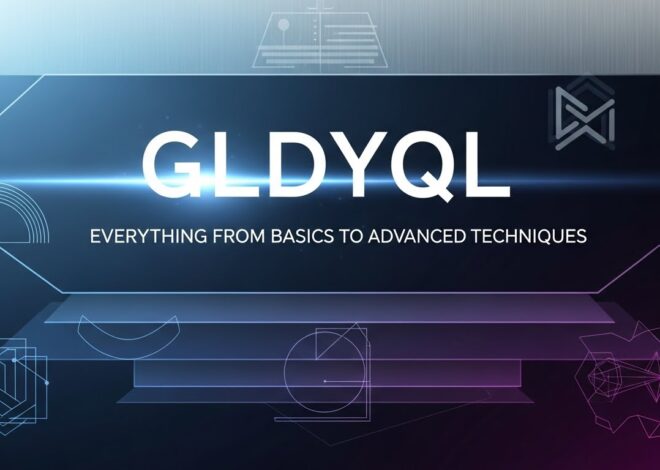
IP2 Network: Revolutionizing the Future of Secure Digital Connectivity
In today’s digital age, where security, transparency, and scalability are critical, IP2 Network has emerged as a next-generation solution redefining the way data is exchanged and verified online. The IP2 Network is designed to offer a decentralized, secure, and high-speed infrastructure that enhances digital connectivity across various industries. From businesses to individual users, the platform enables seamless communication while protecting sensitive information from cyber threats.
The keyword IP2 Network represents not just a technological innovation but a movement toward a more connected and secure digital ecosystem. With the rise of blockchain and decentralized web technologies, IP2 Network bridges the gap between privacy, performance, and transparency.
Understanding the Core Concept of IP2 Network
At its core, IP2 Network is built around a distributed system architecture that focuses on privacy and efficient data routing. Traditional internet systems rely heavily on centralized servers, making them vulnerable to breaches, censorship, and manipulation. IP2 Network, however, leverages blockchain protocols and peer-to-peer connectivity, ensuring that no single entity controls the data flow.
This network structure enables trustless communication, meaning participants can exchange data securely without needing a central authority. It’s particularly beneficial for applications in finance, healthcare, and IoT (Internet of Things), where data integrity and security are paramount.
The Technology Behind IP2 Network
The technological foundation of the IP2 Network lies in its integration of decentralized protocols, advanced encryption, and distributed ledger technology. The platform ensures that all transmitted data is encrypted end-to-end, minimizing interception risks.
Below is a simplified comparison table showcasing the differences between Traditional Networks and IP2 Network:
| Feature | Traditional Network | IP2 Network |
|---|---|---|
| Data Control | Centralized servers | Decentralized nodes |
| Security | Vulnerable to attacks | End-to-end encryption |
| Scalability | Limited by central load | Scalable peer-to-peer system |
| Transparency | Controlled by service provider | Transparent blockchain verification |
| Data Ownership | Owned by companies | Owned by users |
This table highlights how IP2 Network brings a more democratic and transparent approach to digital communications.
Benefits of IP2 Network
Enhanced Security
One of the primary benefits of IP2 Networ is its robust security framework. The decentralized architecture ensures that user data is not stored in a single location, reducing the risk of mass breaches. Furthermore, the use of cryptographic algorithms guarantees privacy and authenticity in all transactions.
Transparency and Accountability
Since IP2 Network is powered by blockchain technology, every transaction or data transfer is recorded on a public ledger. This ensures complete transparency while maintaining privacy. Users can verify actions on the network without exposing sensitive details.
Cost-Effectiveness
Traditional systems often require expensive infrastructure and intermediaries. The peer-to-peer design of IP2 Netork eliminates these costs, making it an affordable solution for both small and large organizations.
High Performance and Scalability
IP2 Network’s distributed model ensures that data transmission remains fast, even as the network grows. Its scalability makes it suitable for industries that require massive data handling, such as artificial intelligence, finance, and e-commerce.
How IP2 Network Supports Blockchain Integration
Blockchain technology is the backbone of the IP2 Network ecosystem. By integrating blockchain principles, IP2 ensures immutability, transparency, and decentralization. It supports smart contracts, which automate processes without the need for intermediaries.
In this system, every node contributes to verifying transactions, ensuring that no malicious actor can manipulate data. The use of Proof-of-Stake (PoS) or Proof-of-Authority (PoA) consensus mechanisms makes IP2 energy-efficient and sustainable.
Applications of IP2 Network Across Industries
Finance and Banking
In financial sectors, IP2 Netwok enhances secure payments and digital asset transfers. The decentralized system minimizes fraud, reduces transaction time, and ensures full traceability.
Healthcare Data Management
Patient data security is crucial in healthcare. IP2 provides encrypted storage and controlled access, allowing only authorized professionals to view sensitive information.
Internet of Things (IoT)
The IoT industry relies heavily on device communication. IP2 Network’s decentralized framework provides secure and efficient connections between devices, ensuring reliability and data integrity.
Government and Public Administration
Governments can utilize IP2 for transparent voting systems, record management, and secure communications. Blockchain-based verification prevents data manipulation and improves accountability.
Education and Research
In academic environments, IP2 can secure intellectual property, research data, and digital certificates. This reduces plagiarism and maintains academic integrity.
IP2 Network vs Traditional Internet Systems
| Criteria | Traditional Internet | IP2 Network |
|---|---|---|
| Ownership | Centralized ISPs | Decentralized nodes |
| Privacy | Prone to surveillance | Fully encrypted |
| Data Transfer | Slower with intermediaries | Direct peer-to-peer exchange |
| Transparency | Limited | Blockchain-based |
| Future Potential | Declining with centralization | Growing with decentralization |
The above comparison shows how IP2 outperforms conventional systems in almost every category, promising a more secure and efficient future for global internet users.
The Future of IP2 Network
As technology continues to evolve, IP2 is poised to become a cornerstone in the next phase of the digital revolution. With its decentralized design, the network supports the growth of Web3, where users regain control over their data.
The future will likely see IP2 integrating with AI-driven applications, metaverse platforms, and cross-chain systems, allowing seamless communication across diverse digital environments. The platform’s open-source nature also encourages developers to build innovative applications that expand its ecosystem.
Challenges and Ongoing Development
While IP2 Network offers immense potential, it faces challenges such as adoption barriers and regulatory concerns. Many traditional organizations are still transitioning from centralized models, which slows widespread adoption. Additionally, governments and regulatory bodies are working on frameworks to govern decentralized systems.
Despite these challenges, ongoing research and community collaboration continue to enhance the reliability and usability of IP2. Developers are focusing on improving scalability, interoperability, and user experience to make the technology accessible to everyone.
Why Businesses Should Adopt IP2 Network
For businesses seeking to modernize operations and improve digital security, IP2 offers unmatched advantages. Its combination of blockchain integration, scalability, and decentralized architecture allows companies to streamline processes, reduce costs, and build customer trust.
The following table summarizes the business advantages of adopting IP2:
| Business Aspect | Traditional Systems | IP2 Network |
|---|---|---|
| Data Privacy | Limited | Complete encryption |
| Cost Efficiency | High operational cost | Reduced overhead |
| Trust Building | Dependent on third parties | Transparent blockchain verification |
| Innovation | Restricted by centralization | Open-source ecosystem |
This data emphasizes how IP2 helps companies stay competitive in an increasingly digital and data-driven world.
Conclusion
In summary, IP2 Netwok is revolutionizing the digital landscape by offering a secure, decentralized, and transparent communication platform. Its innovative use of blockchain technology ensures privacy, enhances efficiency, and promotes user control. Whether for businesses, developers, or individual users, the IP2 is a step toward a more democratic and connected internet.
As we move deeper into the Web3 era, IP2 will continue to play a pivotal role in shaping how data is shared, verified, and protected across the digital ecosystem. It stands as a beacon of trust, innovation, and progress in the evolving world of connectivity.


